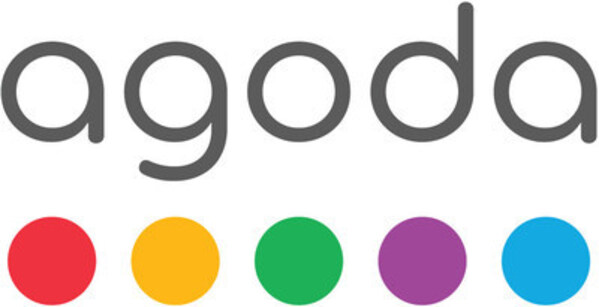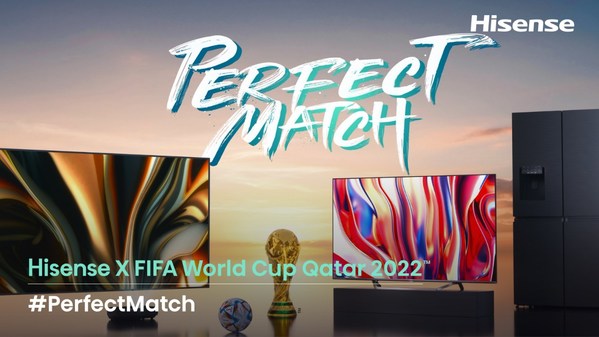TOKYO, Sept. 12, 2023 /PRNewswire/ -- AGC Inc. headquartered in Tokyo, a world-leading manufacturer of glass, chemicals, and high-tech materials, announced on September 12 that its Digital Curtain (TM) (*1) light control glass has been adopted for Toyota's new Century luxury model, which will be launched in 2023. The adoption of Digital Curtain (TM) in the rear seats allows for instantaneous control of light transmission and visibility, thus contributing to a spacious and comfortable cabin interior. This is the first time in the world (*2) for light control glass to be adopted for car door sections.
Logo: https://kyodonewsprwire.jp/img/202309079119-O1-RB8Q17PT
Image1: Century, a new model to be released by Toyota
https://cdn.kyodonewsprwire.jp/prwfile/release/M000303/202309079119/_prw_PI5lg_8mr1KoOc.jpg
Digital Curtain (TM) is a type of light control glass that reduces the heat and glare of the sunlight and ensures privacy in the dimmed mode (opaque state), while delivering a sense of openness in the transmissive mode (clear state). Until now, light control glass has been used as fixed windows, such as panoramic roofs. The new Digital Curtain (TM) has achieved not only chemical durability to withstand long-term exposure to wind, rain and sunlight, but also mechanical durability for opening, closing, raising and lowering. Additionally, the black ceramic design around the window glass was made as thin and neat as possible, which was highly evaluated as a door design befitting the prestige of the Century and led to the world's first use of light control glass in the rear door section.
The Digital Curtain (TM) eliminates the need for shades and provides a larger, more advanced and comfortable rear seating space, as well as increased privacy.
Overview of Digital Curtain (TM) light control glass
- Structure
Image2: https://kyodonewsprwire.jp/img/202309079119-O3-AkPf97PQ
Digital Curtain (TM) light control glass consists of laminated glass with a special film sandwiched between two sheets of glass, which contains a special material so small that it is invisible to the eye. It reduces UV rays by approximately 99% (*3) in both dimmed and transmissive modes.
- Mechanism
Image3: https://cdn.kyodonewsprwire.jp/prwfile/release/M000303/202309079119/_prw_PI4fl_c7OqEYe5.jpg
Voltage is used to control the distribution and orientation of the special material in the film encapsulated between the interlayers in laminated glass, enabling instantaneous switching between the dimmed and transmissive mode.
Notes:
(*1) The AGC Group's product line of light control glass products for automotive applications
(*2) Based on AGC research. This is the first time in the world that light control glass with laminated glass specification is used in door sections.
(*3) ISO9050 standard
As the functions required of automotive glass become more sophisticated and diverse, the AGC Group will contribute to the realization of a new mobility society by providing optimal materials and solutions.









